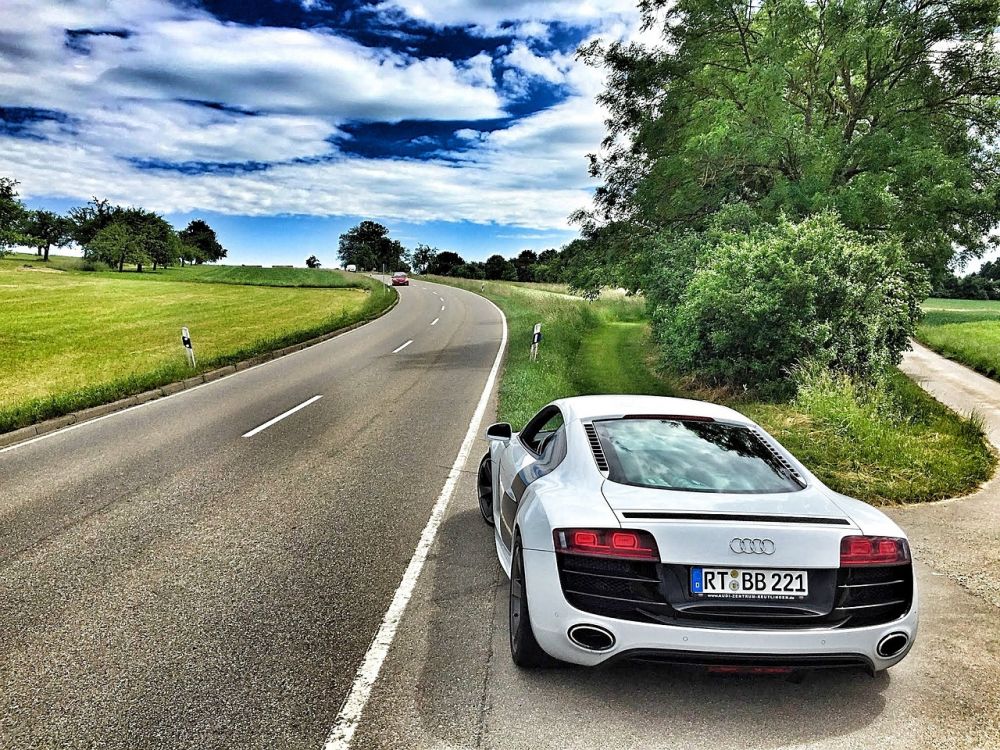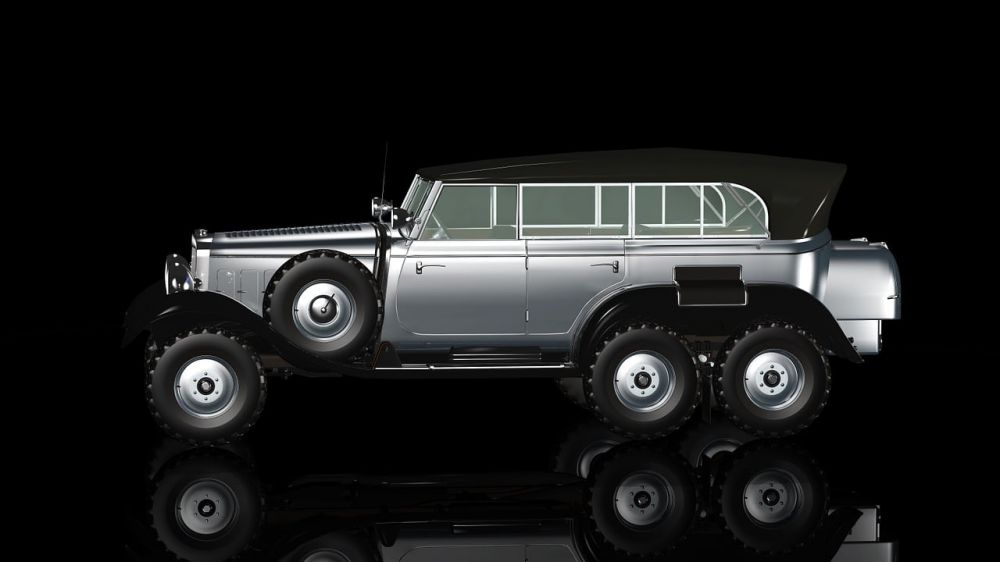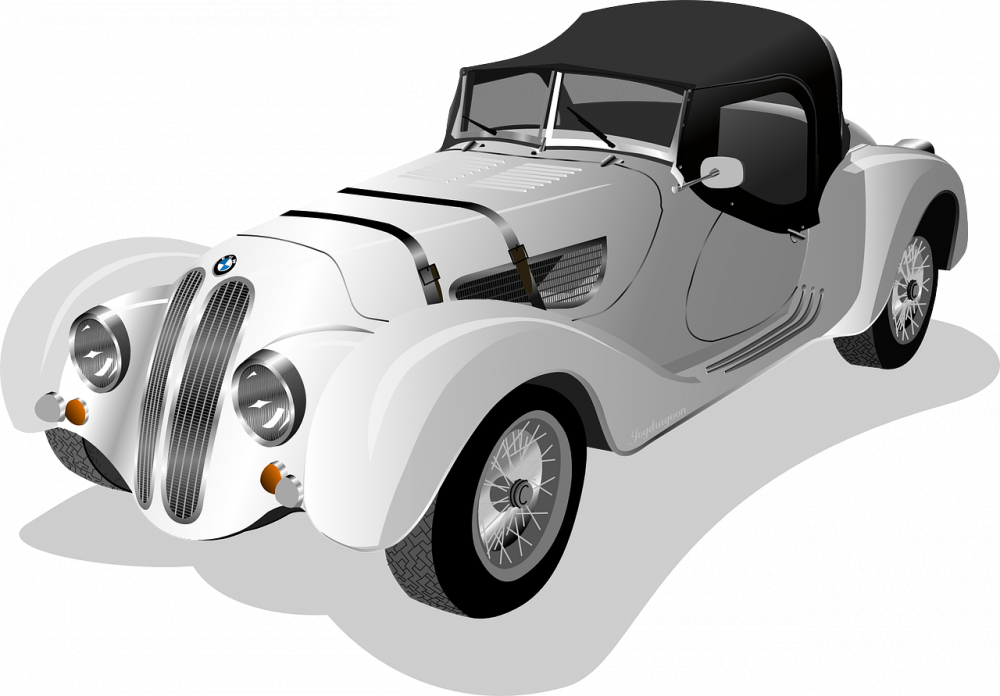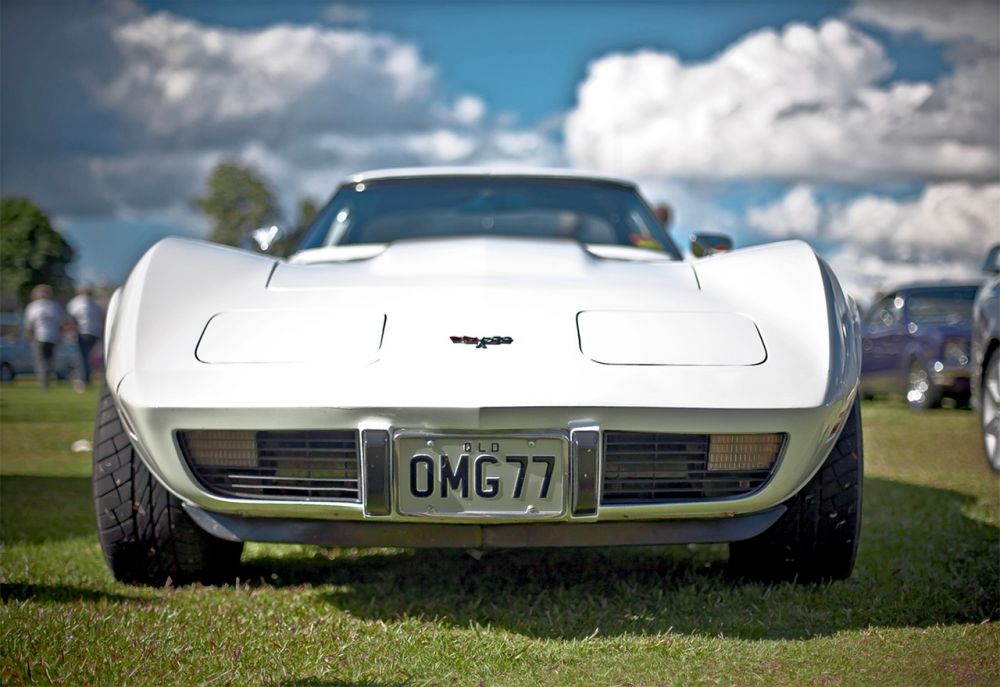VW Hybrid: Revolutionizing the Automotive Industry

Introduction
The emergence of hybrid vehicles has transformed the automotive industry, offering a promising solution to reduce emissions and combat climate change. Among the key players in this domain, Volkswagen (VW) has been at the forefront of developing innovative hybrid technologies. In this article, we will delve into the world of VW hybrid vehicles, exploring their evolution over time and shedding light on why they are an attractive choice for both car owners and enthusiasts.
Understanding VW Hybrid

VW hybrid vehicles are a marriage of an internal combustion engine and an electric motor, combining the best of both worlds to deliver improved fuel efficiency and reduced emissions. These vehicles harness the power of electricity to supplement the traditional combustion engine, resulting in an eco-friendly driving experience.
By seamlessly switching between the electric motor and combustion engine, VW hybrid cars offer incredible versatility, allowing drivers to optimize their fuel consumption based on driving conditions and personal preferences. This flexibility ensures a smooth transition between different power sources, eliminating range anxiety often associated with fully electric vehicles.
Benefits of VW Hybrid:
– Reduced fuel consumption and lower operational costs
– Lower emissions, contributing to a greener environment
– Regenerative braking system, capturing kinetic energy and converting it into electric power
– Enhanced performance and power delivery
– Extended range, eliminating range anxiety
Historical Evolution of VW Hybrid
Volkswagen’s foray into the hybrid market began in the early 2000s, with the introduction of the groundbreaking VW Lupo 3L TDI Hybrid. This compact car combined a highly efficient diesel engine with an electric motor, setting the stage for future hybrid models.
Building on this success, VW continued to invest in hybrid technology, releasing the world’s first Dual-Mode Hybrid system in 2005. This innovative system utilized a combination of an electric motor and a V6 engine, providing improved fuel efficiency compared to conventional gas-powered vehicles. The launch of the VW Touareg Hybrid in 2010 marked another milestone in the company’s hybrid journey, bringing advanced hybrid technology to the SUV segment.
As the demand for eco-friendly vehicles soared, VW responded by expanding its hybrid lineup. The introduction of the VW Golf GTE and Passat GTE in 2014 further solidified VW’s presence in the hybrid market, offering a compelling mix of performance, efficiency, and practicality.
The Future of VW Hybrid
[VW has always been committed to pushing the boundaries of automotive technology, and hybrid vehicles are no exception. With advancements in battery technology and the ever-growing demand for sustainable transportation, VW is set to revolutionize the hybrid market even further.]
In addition to expanding their hybrid lineup, VW has underscored their commitment to electric vehicles (EVs) with the introduction of their ID electric vehicle platform. The ID.4, VW’s first fully electric SUV, showcases the brand’s dedication to sustainable mobility while offering the same reliability and driving experience as their hybrid counterparts.
With an increasing number of charging infrastructure and government incentives, VW hybrid vehicles are becoming an attractive option for car owners looking to reduce their environmental impact without sacrificing performance or convenience. The combination of traditional internal combustion engines and electric motors provides a compelling solution that appeals to a broad range of customers.
In conclusion, VW hybrid vehicles have come a long way since their inception, revolutionizing the automotive industry with their fuel efficiency, reduced emissions, and versatility. As VW continues to invest in hybrid and electric technologies, their commitment to sustainable transportation is evident. Whether you’re a car owner or an automotive enthusiast, VW hybrid vehicles offer a greener alternative without compromising on performance or driving experience. Embrace the future of mobility with VW hybrid vehicles and be part of the solution towards a sustainable tomorrow.
Sources:
– VW Hybrid: A Journey Towards Sustainability, VW Corporate Blog [insert link]
– VW Hybrid Models, VW Official Website [insert link]
– VW ID.4: The Future of Electric Mobility, VW Official Website [insert link]





